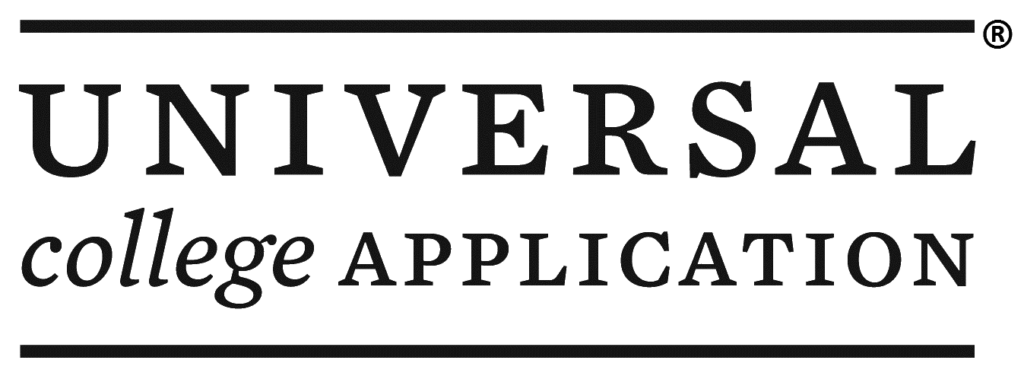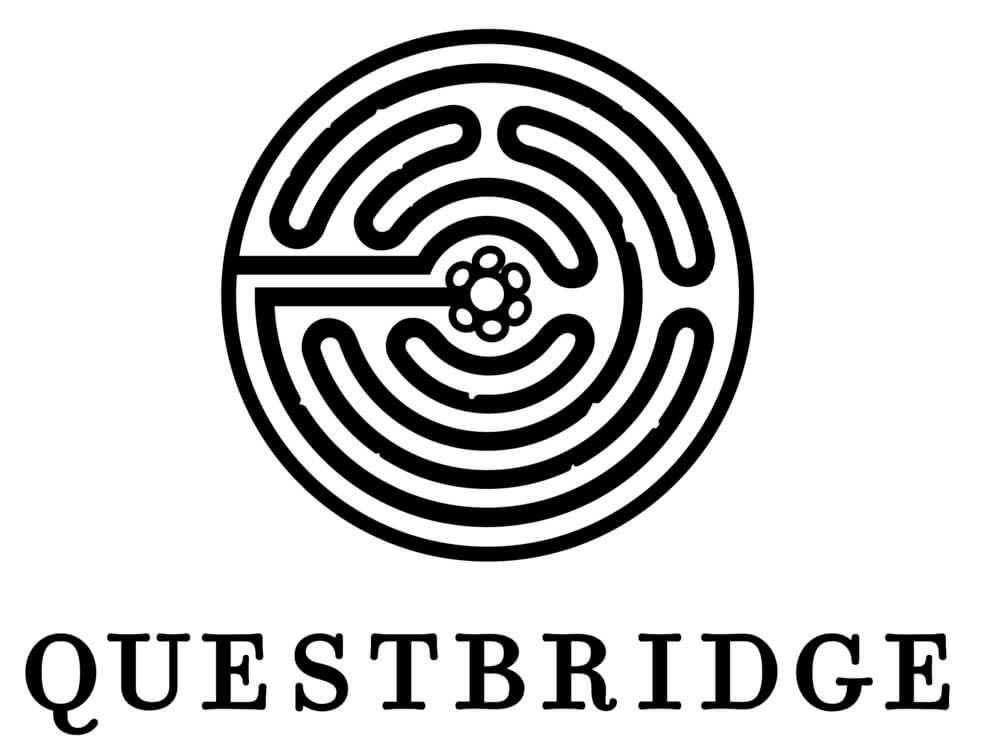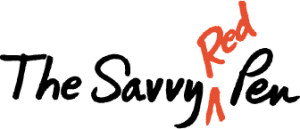Applying for college admissions is rarely smooth sailing. The process is typically characterized as stressful, confusing, and time-consuming for students, parents, and teachers alike. Relationships are taxed, home life can resemble a battlefield, and money is often an object. Add in seemingly countless college application platforms to choose from, and you may be sweating bullets.
On average, a high school student submits applications to 8-10 colleges. (FYI, I was only allowed to apply to two, one safety school and one reach school, but I was stressed nonetheless.) Thankfully, systems exist today, such as the Common App and the Coalition Application, that allow students to apply to multiple schools through a streamlined process.
Understanding the different types of application platforms is crucial to determining essay topic options. So is knowing which platforms your selected schools accept. Otherwise, students—and their parents—end up wasting time and money.
Which of the College Application Platforms Should You Use?

You will want to use the college application system accepted by the majority of the schools you’re applying to. While the Common App, created more than 40 years ago, remains the most popular, not all schools accept it. The list of schools affiliated with these applications is updated every year. The essay prompts (questions to be answered) are typically updated annually on August 1st. The best way to determine which application you should use is to create a list of the schools you will be applying to and checking which application they accept. Those that rely on their own system will require a separate application. Using an application platform that is accepted by most of your schools will allow you to streamline the application process, saving you time, money, and stress.
Common App

Common App was created in 1975 and is accepted by more than 900 U.S colleges and universities, more than any other application system. Common App is a free online application system that offers round-the-clock student support every day of the year. Rather than submitting individual applications to each school, students are able to complete the Common App and apply to multiple schools in one place. Students communicate with a school’s guidance office using Naviance or eDocs. While the application platform itself is free, students are still required to pay school application fees.
The components of a Common App submission include:
- A personal essay—probably the most significant component
- Letters of recommendation
- List of up to 10 extracurricular activities
- Standardized test scores
- High school transcript
- Optional supplemental questions
The Coalition App

The Coalition App was created in 2016 by The Coalition for Access, Affordability, and Success and is accepted by 134 public and private colleges, some of which do not accept the Common App. The Coalition App requires member schools to offer “affordable tuition along with need-based financial aid for in-state residents” or be private colleges and universities that provide “sufficient financial aid to meet the full, demonstrated financial need of every domestic student they admit.” They must also have at least a 70% graduation rate.
The Coalition App is a free platform that offers students the opportunity to begin building an online college portfolio as soon as they enter high school. This allows students to get a jump start on their college application process. Students identify their top two extracurricular activities but are able to list up to eight in total. Like the Common App, this is a free platform, but students are still required to pay schools’ application fees.
Common App vs Coalition App
In some cases, you’ll discover that the majority (or all) of your selected schools accept both the Common App and the Coalition App. How do you choose between the two platforms? Here are some things to consider: The platforms offer similar essay prompts (two of the prompts are exactly the same), but students wanting to complete the application process only once might consider the Common App a better option. This is especially true if you anticipate applying to additional schools not originally on your list. Because more schools accept the Common App, chances are higher that the schools you apply to will be on this list.
Other College Application Platforms

While the Common App and Coalition App remain the two prominent college application platforms, there are a handful of other options available at some colleges. One of these is the Universal College Application, which is accepted by The University of Charleston (WV) and The University of the Commonwealth Global. The Universal College Application opens on July 1st, a month earlier than the Common App, and offers open-ended essay prompts. It also allows for the inclusion of online content, like websites, blogs, or film projects.

QuestBridge is unique in that it functions primarily as a scholarship-matching service. This platform allows students to apply to up to 12 member schools in the hopes of receiving early admission and a full, four-year scholarship. QuestBridge is geared toward low-income, high-achieving students who have a total family annual income of less than $65,000.
Finally, several colleges and universities do not accept either the Common App or Coalition App. These schools instead rely on their own proprietary platforms. Some of these schools include The University of California, Cal State, and SUNY. Any schools that are not members of these major application platforms will require a separate application.
Choices, choices, choices. Decisions, decisions, decisions. So many options, such limited time—at least for many students. Many thoughtful high school juniors who decide to start the college planning process have a distinct advantage over many of their senior buddies who may have put off college visits and narrowing their college choices. Understanding which application platform will work best for you (and your selected schools) puts you ahead of the game as you begin the journey of the college application process.
Are you gearing up to tackle a stack of college applications but are stuck on creating your starworthy college admissions essay? The Savvy Red Pen offers a full line of student services to guide you along the way. Contact us today to see how we can help!
Related Articles
The Dos & Don’ts of Writing a Starworthy College Admissions Essay
How to Beat Writer’s Block with a Brain Dump
The 10 Best Grammar & Writing Resources for Your Writer’s Toolbox

